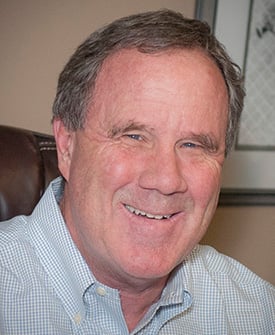Major language models like ChatGPT are all the rage these days. Many commentators, legal professionals, lawyers and media outlets, including this podcast, have spent a lot of time researching this groundbreaking technology.
This isn’t the first time a promising piece of legal technology has turned the legal industry upside down. When technology-enabled review first began gaining traction in e-discovery in the 2010s, many of the same superlatives assigned to ChatGPT were used to describe this groundbreaking new process that claimed to review documents faster and more accurately than humans. Lawyers would get hours and hours of time back, and clients would save tons of money.
But then something funny happened. Lawyers have been reluctant to fully embrace it, citing concerns about the technology or the possibility that a court would punish them for using a new tool that had not yet been widely accepted by the legal industry. Even today, many attorneys and law firms still rely on traditional methods of conducting e-discovery: armies of contract lawyers sifting through documents one by one.
In this sense, large language models have already been embraced more wholeheartedly by lawyers and legal professionals than technologically supported testing. However, there have also been many issues and problems with the technology. Between the false case citations and fabricated information, it’s clear that this technology still has a long way to go.
In this episode of the Podcast for legal rebelse-discovery pioneer John Tredennick talks to the ABA Journal’s Victor Li about what it was like when the tech-enabled review first came out, how it compares to the reception ChatGPT received, and how big language models are impacting keyword searches.
Want to listen on the go? Legal Rebels is available on several podcast listening services. Subscribe and never miss an episode.
Apple | Spotify | Google Play
In this podcast:
 John Tredennick
John Tredennick
” style=”vertical-align:text-top; max-width:80px;”/>
John Tredennick
John Tredennick is the founder and CEO of Merlin Search Technologies. Previously, he was a litigator and partner at Holland & Hart. While working as the law firm’s chief technology officer, he spun off the e-discovery group into a separate company in 2000, which he called Catalyst. In 2019 he has Catalyst sold to OpenText for $75 million.
